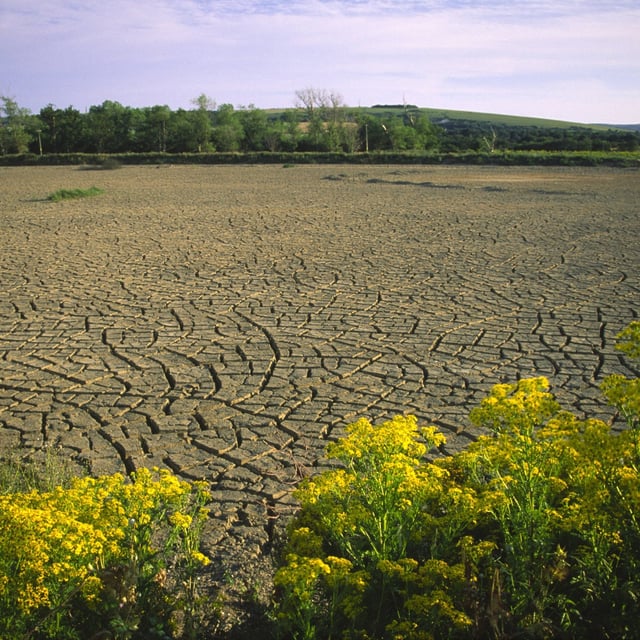Overview
- Research indicates higher temperatures and weather variations exacerbate neurological conditions such as Alzheimer's and multiple sclerosis.
- Patients with dementia are particularly vulnerable to temperature extremes and severe weather due to impaired adaptive behaviors.
- Heatwaves and high nighttime temperatures can disrupt sleep, worsening conditions like epilepsy and depression.
- The global scale of affected individuals is significant, with millions at risk as climate change progresses.
- Experts call for tailored public health measures and climate action to mitigate these health impacts.



